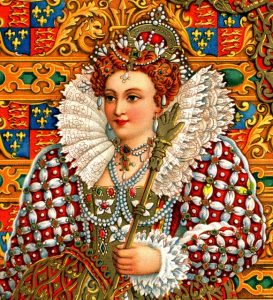Good leaders create opportunities for the growth and the betterment of others. G. EscoDavis
 A leadership definition captures the essentials of being able to inspire others and being prepared to do so. Effective leadership is based upon ideas (whether original or borrowed), but won’t happen unless those ideas can be communicated to others in a way that engages them enough to act as the leader wants them to or wants them to perform at a level of understanding that benefits all. Leadership is when the leader is gone, people continue to be inspired to grow and develop.
A leadership definition captures the essentials of being able to inspire others and being prepared to do so. Effective leadership is based upon ideas (whether original or borrowed), but won’t happen unless those ideas can be communicated to others in a way that engages them enough to act as the leader wants them to or wants them to perform at a level of understanding that benefits all. Leadership is when the leader is gone, people continue to be inspired to grow and develop.
One leader comes to mind, Queen Elizabeth I. Many leaders have studied her, and a book is written by Alan Axelrod entitled, Elizabeth I CEO. Axelrod states that she never complained, she cultivated the habits of patience and ensued courageous endurance. Her followers wanted to feel and see strength and self-confidence, and, a leader should oblige them by projecting these qualities. Axelrod further notes that the qualities of Queen Elizabeth I were: doing the right thing, give a little, get a bit more, be astute of the subjects faced, evaluate results and not promises, show concern – caring, share in the danger/bad times and avoid impulse, recognizing limits and treat people well. Although Queen Elizabeth I reined during the years of 1588-1603, leadership qualities have not changed much.
Leadership comes in all forms. Leadership is evident at grandma’s house when she runs her home and family like a well-oiled machine. That soft-spoken teacher who is well-respected by students and fellow teachers. That single mom who works, continuing her education and the kids are well-adjusted and are great, or the four-year-old in pre-school that seems to be the leader of their class. Yes, leaders come in all sizes, shapes, and forms, formally educated or not. This begs the question, Is a leader born or made?
In Alan Axelrod’s book, Elizabeth I CEO, there are many stories and examples of the 16th-century queen as an effective and loved leader. Many of the examples easily translate to today’s effective leaders, such as not being fearful of expressing gratitude.
One gratitude story of the Queen’s actions is of William Cecil, the aged Lord Burghley, Elizabeth’s trusted secretary of state who fell ill in 1598. As his condition worsened, Elizabeth devoted hours to his care, sitting at his bedside to feed him broth. He died on August 4, 1598. Does a queen feed broth to a member of her cabinet? Elizabeth expressed her gratitude in the most meaningful way she could think of.
Gratitude is a strength of leadership; it is not a weakness. Whatever leadership capacity you may hold or come upon, know that not taking anything for granted is a quality; being grateful for the fruits of your being, being grateful for having the opportunity to lead others, being grateful that you have the intellect to lead others to a more fulfilled life, and having the gratitude for continuing your quest in life to do well. A measure of authentic success as a leader is when relationships you have with another person reflects the link you have with yourself.










